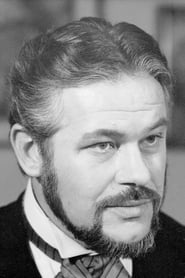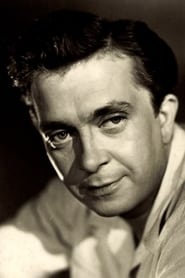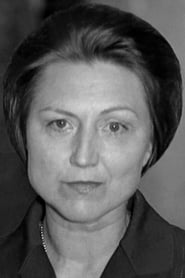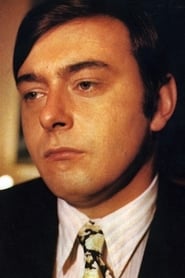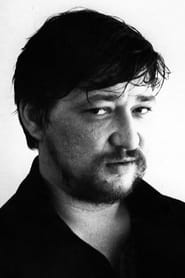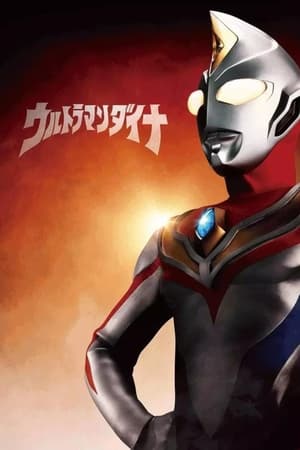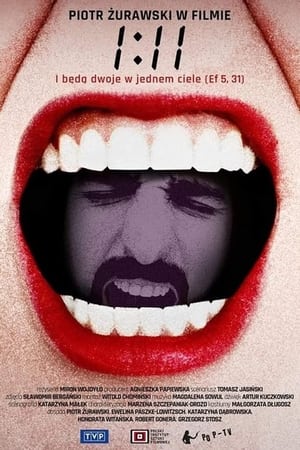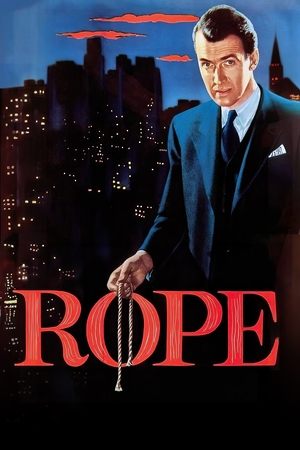
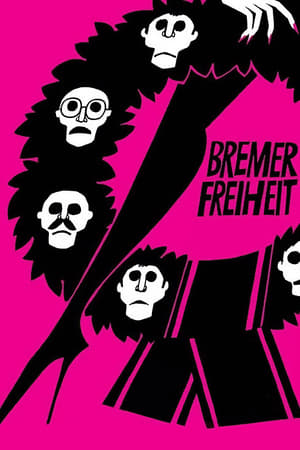
Bremen Freedom(1972)
A very stylized TV version of the Fassbinder play. The set consists of a few pieces of furniture in front of a large screen on which coastal scenery is back projected. Geesche is a nineteenth century woman who wants to have a mind of her own. She defies convention and will do anything to achieve her freedom from oppression by her family and friends.

Movie: Bremen Freedom

Bremer Freiheit
HomePage
Overview
A very stylized TV version of the Fassbinder play. The set consists of a few pieces of furniture in front of a large screen on which coastal scenery is back projected. Geesche is a nineteenth century woman who wants to have a mind of her own. She defies convention and will do anything to achieve her freedom from oppression by her family and friends.
Release Date
1972-11-12
Average
6
Rating:
3.0 startsTagline
Genres
Languages:
DeutschKeywords
Recommendations Movies
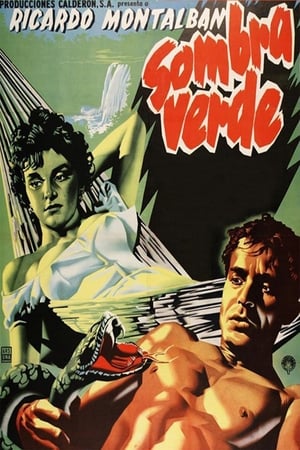 6.7
6.7Untouched(es)
With the purpose of using barbasco roots in the production of cortisone, a pharmaceutical company sends a scientist to investigate the possibilities of exploitation in Veracruz, but the man gets lost in the jungle and lives a strange romantic adventure in a remote location called Paradise.
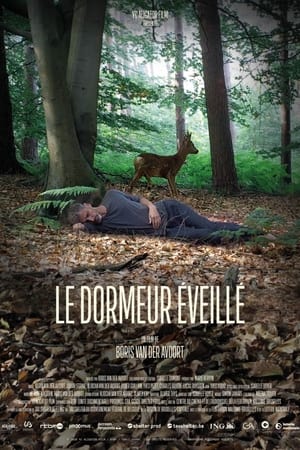 8.0
8.0The Wakeful Sleeper(fr)
B., a film-maker and insomniac, decides to rescue his hours of insomnia from the void by filming his quest for sleep. The insomniac asks questions about these different states of consciousness and about the difficulties humans have in synchronising their social rhythms and biological ones.
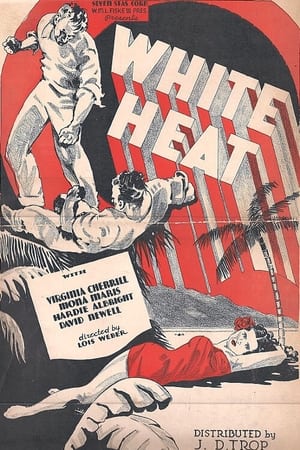 4.5
4.5White Heat(en)
In this melodrama filmed on location in Hawaii, a sugar plantation manager finds himself falling in love with a native girl, but instead of committing to her, he marries a socially prominent young woman from San Francisco. The spoiled girl does not easily adapt to the rigors of plantation life and she gets terribly bored. She is just about to give in to the romantic overtures of a persistent native when her former lover shows up. The husband gets jealous and is about to attack him when the wife sets fire to the cane field. The husband's native lover saves him from death. Afterward, his wife leaves to be with her old flame, and the manager is free to be with the woman he's loved all along.
Lay Me Down to Sleep(en)
A young mother battling post-partum depression and the tragic loss of her husband struggles in a lonely and friendless existence. She's failing at her job, she can't sleep or stay awake, and soon notices that someone may be breaking into her home. Her psychiatrist feels this is nothing more than a symptom of her depression, but the truth is worse than her darkest dreams.
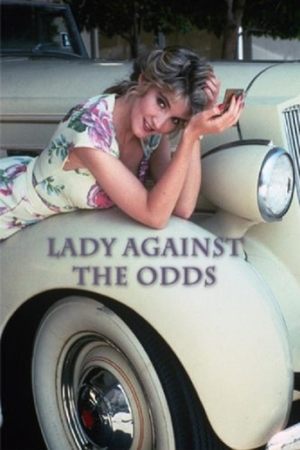 10.0
10.0Lady Against the Odds(en)
A private detective becomes involved in a new cast when her partner's guardian is murdered.
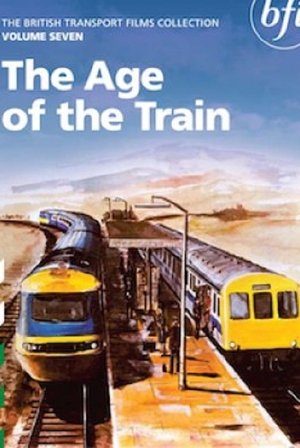 8.0
8.0Discover Britain by Train(en)
Part of BFI collection "The Age of the Train."
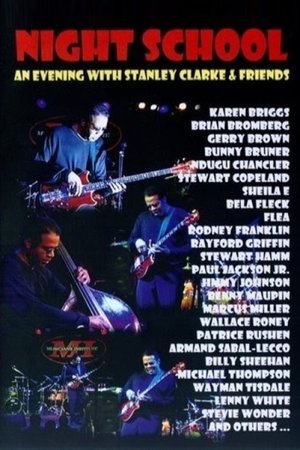 9.0
9.0Night School: An Evening with Stanley Clarke & Friends(en)
Bass virtuoso Stanley Clarke, the performer, composer, bandleader who rose to prominence in the 1970s and single-handedly brought the electric bass to the forefront of jazz, R&B, funk and beyond, presents the 90-minute DVD Night School, which chronicles the third annual Stanley Clarke Scholarship Concert, recorded at Musicians Institute in Hollywood, CA, in October 2002. With guest performances by Stevie Wonder, Wallace Roney, Bela Fleck, Sheila E., Stewart Copeland, Flea, Wayman Tisdale, Marcus Miller and more, Night School captures performances that range from straight-ahead jazz to full-tilt rock fusion to twenty-two-piece string arrangements - all on one stage, all in a single night!
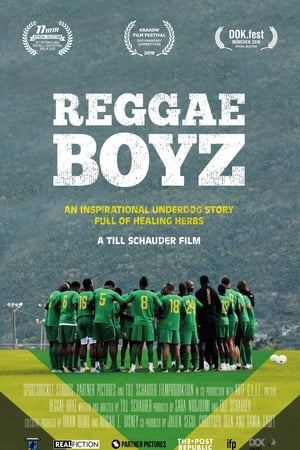 8.0
8.0Reggae Boyz(de)
Plagued with poverty and violence, Jamaica tries to inspire its populace by qualifying their national team, the 'Reggae Boyz', for the World Cup. When their efforts start to fall short, Winnie Schäfer, a colorful German coach, teams up with reggae musicians to unite Jamaica beyond the soccer pitch.
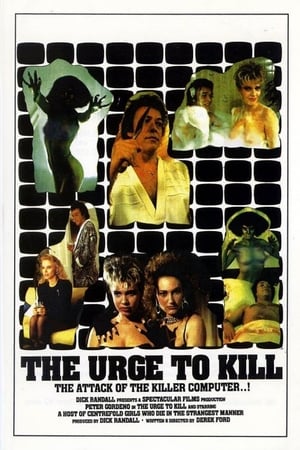 5.3
5.3The Urge to Kill(en)
A wealthy music producer lives in a hi-tech apartment overseen by a computer system called S.E.X.Y. However, the computer develops human feelings and quickly becomes jealous of the would-be singers hanging around its owner.
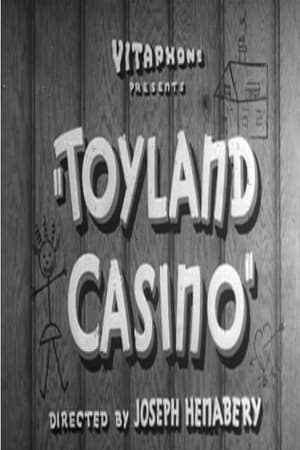 7.0
7.0Toyland Casino(en)
A score of amateur children sing and dance in costume in a multi-act musical revue.
 4.5
4.5Chicks in White Satin(en)
Oscar nominated documentary short about two Jewish lesbians getting a Jewish marriage. They interview the rabbi, the family members, especially one of the mothers who has a hard time coping with the fact that their daughter is a lesbian. They go through their feeling for each other, and what kind of wedding they want, and how to do it...
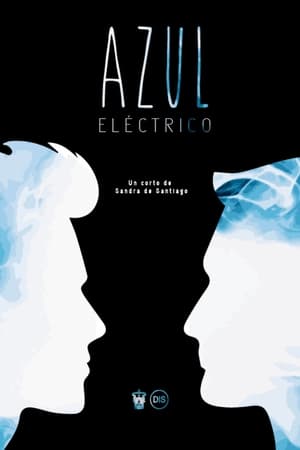 6.0
6.0Electric Blue(es)
Carlos and Roque, two high school friends, play on the same soccer team. After an unexpected rapprochement between the two, Carlos doubts about his sexuality, rejects Roque's friendship and forces him to keep quiet. From this moment on, Carlos faces the difficult circumstance of making a decision whether or not to save his friendship.
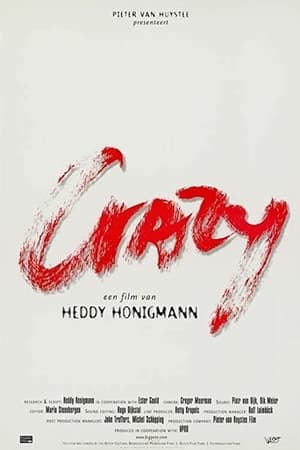 6.3
6.3Crazy(nl)
The haunting experiences of Dutch U.N. peacekeepers are woven together by the powerful influence music has had on their endurance, survival, and memories of war. This documentary is filled with close-up interviews, scrapbook photographs, video clips, news footage, letters read aloud, and other recollections, as different generations of Dutch peacekeeping soldiers recount the trauma of bloodshed from Korea to more recent events in Rwanda and the former Yugoslavia. Their trusting, and often disturbing, personal revelations resound most poignantly when they talk about the single pieces of music that each found powerful enough to keep insanity at bay.
Similar Movies
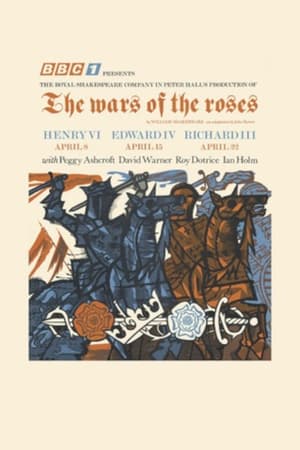 8.5
8.5The Wars of the Roses(en)
A 1965 BBC adaptation of William Shakespeare's first historical tetralogy (1 Henry VI, 2 Henry VI, 3 Henry VI and Richard III), which deals with the conflict between the House of Lancaster and the House of York over the throne of England, a conflict known as the Wars of the Roses. It was based on the 1963 theatre adaptation by John Barton, and directed by Peter Hall for the Royal Shakespeare Company.
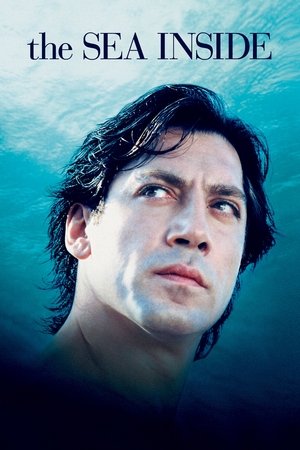 7.6
7.6The Sea Inside(es)
Ramón Sampedro is a ship mechanic and part-time poet left a quadriplegic following a diving accident. Ramón fought for 30 years for the legal right to end his own life. He develops close relationships with his long-term lawyer Julia and his friend Rosa, who tries to convince him that his life is worth living. Despite his situation, Ramón manages to inspire those around him to live life to the fullest.
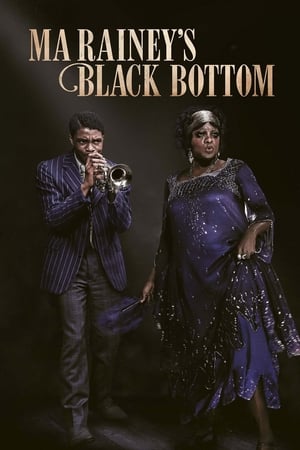 6.7
6.7Ma Rainey's Black Bottom(en)
Tensions rise when the trailblazing Mother of the Blues and her band gather at a Chicago recording studio in 1927. Adapted from August Wilson's play.
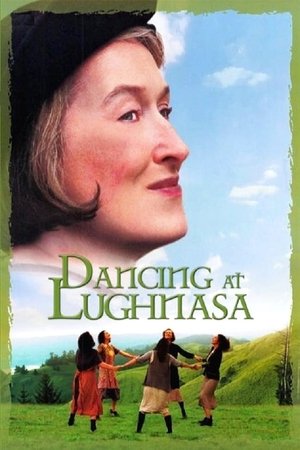 5.9
5.9Dancing at Lughnasa(en)
Five unmarried sisters make the most of their simple existence in rural Ireland in the 1930s.
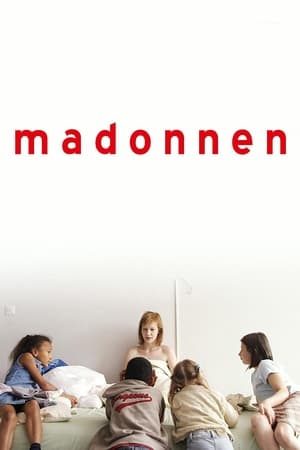 6.5
6.5Madonnas(de)
A portrait of Rita, who claims that her mother was never a mother for her. Rita gives birth to her own five children and forces her mother to take the role of a mother.
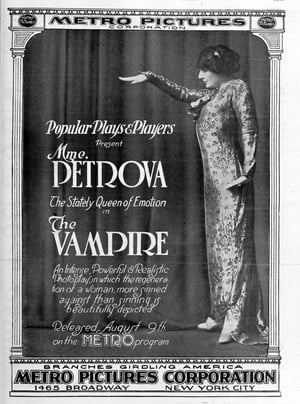 0.0
0.0The Vampire(xx)
The Vampire is a surviving 1915 silent film drama directed by Alice Guy and starring Olga Petrova. It is one of Petrova's and Guy's few surviving silent films.
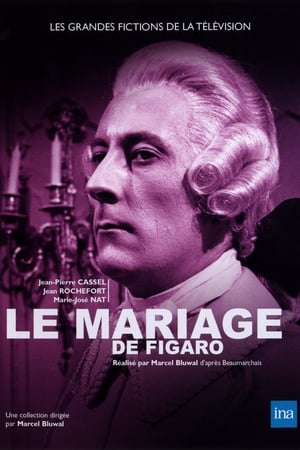 5.6
5.6The Marriage of Figaro(fr)
Comedy in five acts by Beaumarchais, filmed by Marcel Bluwal in studio and on location. The cast, in accordance with Marcel Bluwal's wishes, is in keeping with the age and character of the characters, to give it rhythm. At once "a comic baroque play, a bourgeois drama, a chansonnier's number, a social satire, a farce and a very pretty love story" according to Marcel Bluwal, it can also be summed up, according to Beaumarchais, as "the most bantering of intrigues".
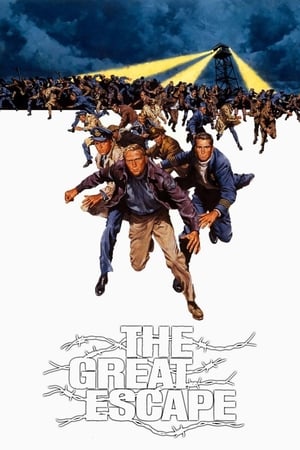 7.9
7.9The Great Escape(en)
The Nazis, exasperated at the number of escapes from their prison camps by a relatively small number of Allied prisoners, relocate them to a high-security 'escape-proof' camp to sit out the remainder of the war. Undaunted, the prisoners plan one of the most ambitious escape attempts of World War II. Based on a true story.
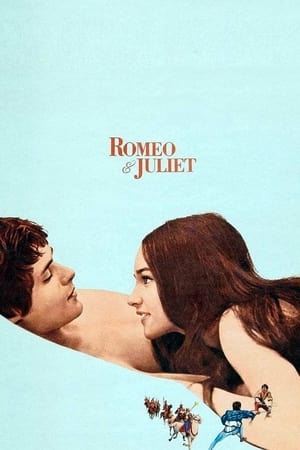 7.4
7.4Romeo and Juliet(en)
Romeo Montague and Juliet Capulet fall in love against the wishes of their feuding families. Driven by their passion, the young lovers defy their destiny and elope, only to suffer the ultimate tragedy.
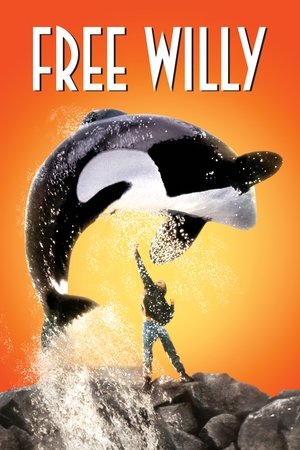 6.2
6.2Free Willy(en)
When maladjusted orphan Jesse vandalizes a theme park, he is placed with foster parents and must work at the park to make amends. There he meets Willy, a young Orca whale who has been separated from his family. Sensing kinship, they form a bond and, with the help of kindly whale trainer Rae Lindley, develop a routine of tricks. However, greedy park owner Dial soon catches wind of the duo and makes plans to profit from them.
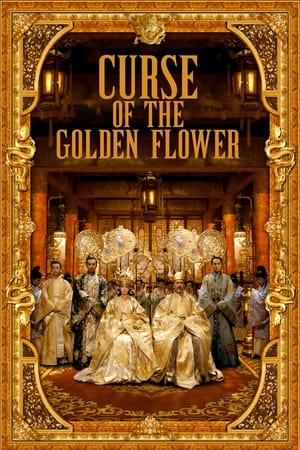 6.9
6.9Curse of the Golden Flower(zh)
During China's Tang dynasty the emperor has taken the princess of a neighboring province as his wife. She has borne him two sons and raised his eldest. Now his control over his dominion is complete, including the royal family itself.
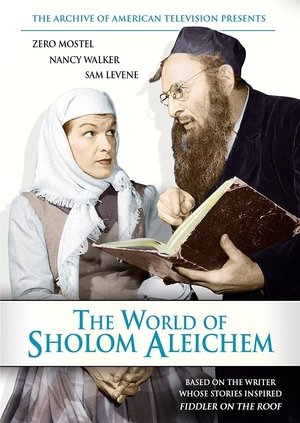 0.0
0.0The World of Sholom Aleichem(en)
This omnibus release consists of three playlets filmed and aired during television's Golden Age, and starring some of the legends of film and television. The collection originally ran as a two-hour segment on December 14, 1959, on the anthology series The Play of the Week, broadcast locally in New York City via the independent radio station WNTA. Each "tale" in the anthology was adapted from a single tale by the inimitable Sholom Aleichem, regarded by many as the "Yiddish Mark Twain". Included are: "A Tale of Chelm" starring Zero Mostel and Nancy Walker in the story of a bookseller attempting to buy a goat; "Bontche Schweig" about a poor man (Jack Gilford) whose recent arrival in Heaven makes the angels cry; and "The High School" about a Jewish merchant (Morris Carnovsky) persuaded by his wife (Gertrude Berg) to let their son attend a particular high school despite the enforcement of quotas for Jewish students.
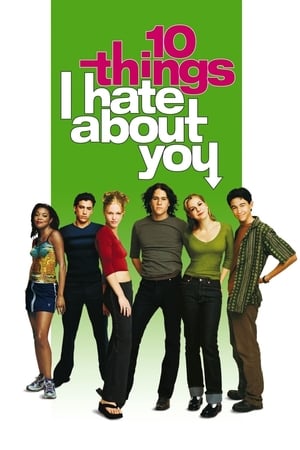 7.6
7.610 Things I Hate About You(en)
On the first day at his new school, Cameron instantly falls for Bianca, the gorgeous girl of his dreams. The only problem is that Bianca is forbidden to date until her ill-tempered, completely un-dateable older sister Kat goes out, too. In an attempt to solve his problem, Cameron singles out the only guy who could possibly be a match for Kat: a mysterious bad boy with a nasty reputation of his own.
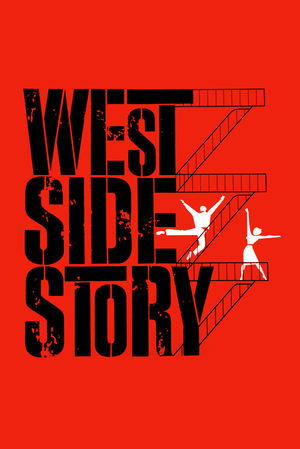 7.2
7.2West Side Story(en)
In the slums of the upper West Side of Manhattan, tensions are high as a gang of Polish-Americans compete against a gang of recently immigrated Puerto Ricans, but this doesn't stop two romantics from each gang falling in love.
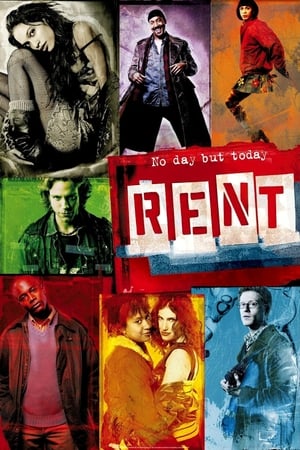 6.8
6.8Rent(en)
This rock opera tells the story of one year in the life of a group of bohemians struggling in late 1980s East Village, New York, USA. The film centers around Mark and Roger, two roommates. While a tragedy has made Roger numb to new experiences, Mark begins capturing their world through his attempts to make a personal movie. In the year that follows, they and their friends deal with love, loss, and working together.
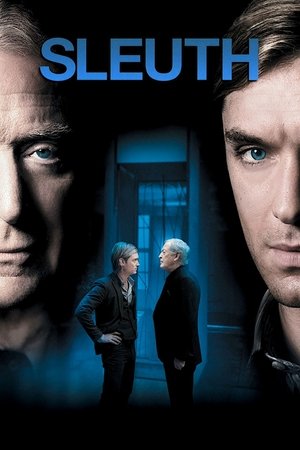 6.3
6.3Sleuth(en)
On his sprawling country estate, an aging writer matches wits with the struggling actor who has stolen his wife's heart.
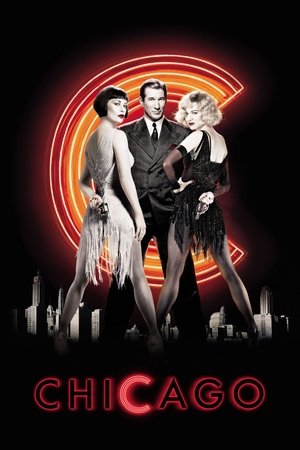 7.1
7.1Chicago(en)
Murderesses Velma Kelly and Roxie Hart find themselves on death row together and fight for the fame that will keep them from the gallows in 1920s Chicago.

